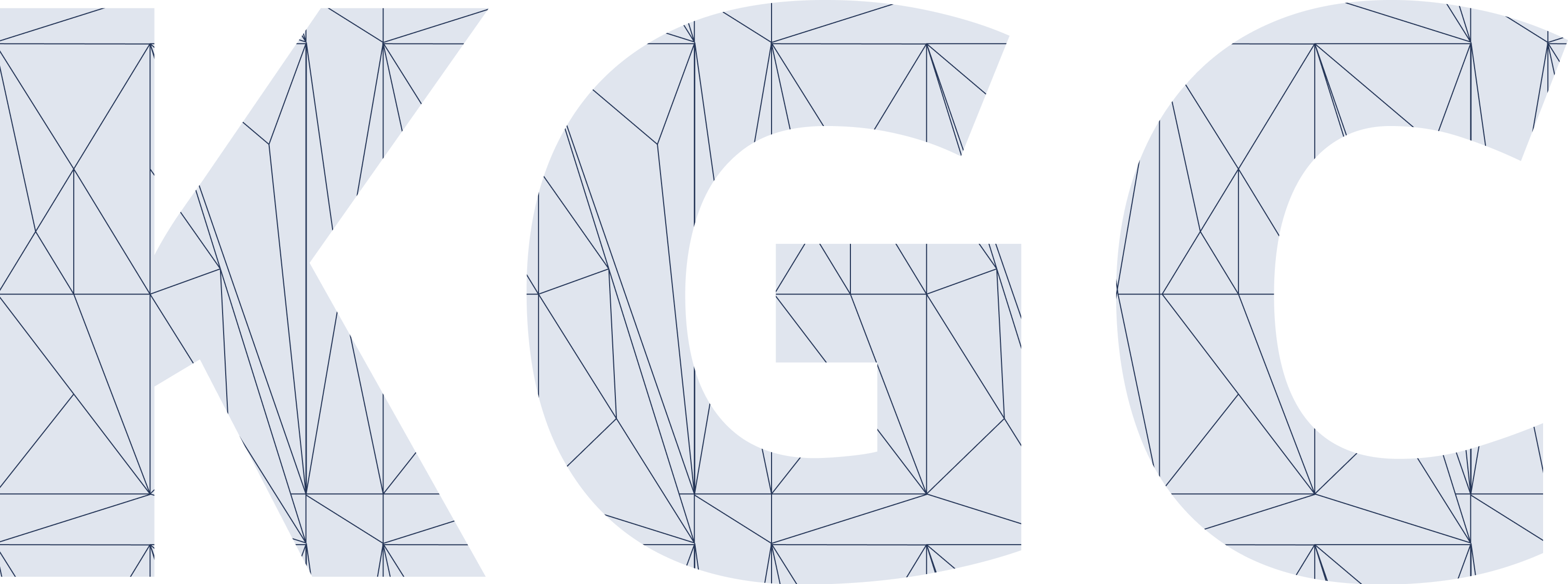Soren Auer
Following stations at the universities of Dresden, Ekaterinburg, Leipzig, Pennsylvania, Bonn and the Fraunhofer Society, Prof. Auer was appointed Professor of Data Science and Digital Libraries at Leibniz Universität Hannover and Director of the TIB in 2017. Prof. Auer has made important contributions to semantic technologies, knowledge engineering and information systems. He is the author (resp. co-author) of over 100 peer-reviewed scientific publications. He has received several awards, including an ERC Consolidator Grant from the European Research Council, a SWSA ten-year award, the ESWC 7-year Best Paper Award, and the OpenCourseware Innovation Award. He has led several large collaborative research projects, such as the EU H2020 flagship project BigDataEurope. He is co-founder of high potential research and community projects such as the Wikipedia semantification project DBpedia, the OpenCourseWare authoring platform SlideWiki.org and the innovative technology start-up eccenca.com. Prof. Auer was founding director of the Big Data Value Association, led the semantic data representation in the Industrial/International Data Space, is an expert for industry, European Commission, W3C and member of the advisory board of the Open Knowledge Foundation.
Enterprise Knowledge Graphs
Mastering the digitalization challenge requires enterprises to radically innovate. Data, information and knowledge become increasingly important
assets for realizing innovative digital business models and services. In order to create an enterprise data innovation architecture, which
facilitates the rapid and agile creation of novel and unforeseen use cases we need to establish a common understanding as well as interoperability and accessibility of data and knowledge. To establish such a common understanding of the structure and meaning of data among individuals, departments, value chains or industries we must leverage vocabularies, Linked Data, knowledge graphs or Semantic Data Lakes to facilitate innovate data-driven use cases and enterprise agility. As a result data can be seamlessly exchanged in a secure way between trustworthy parties in the enterprise and value chain to increase agility, efficiency, effectiveness and ultimately realize the potential of digitization.
In this talk we reflect on this development and give an overview on recent approaches in the areas of Big Data software architectures, data spaces and knowledge graphs, which all help to realize the emerging concept of hybrid AI, where large-scale, rich semantic data and knowledge tightly interacts with machine learning and analytics. We will present examples of semantic information models used in practice for governing the information exchange as well as analytical applications. Examples of these include ScorVoc, which provides an semantic model of the APICS Supply Chain Council’s SCOR vocabulary or FIBO, the Financial Business Ontology. We discuss practical approaches for implementing Knowledge Graphs in the Enterprise such as the Industrial Data Space, Linked Enterprise Data or the Administrative Shell for Industry 4.0. We discuss some successful examples along with lessons learned in the Supply Chain Management, Industry 4.0 and Cultural Heritage domains.

